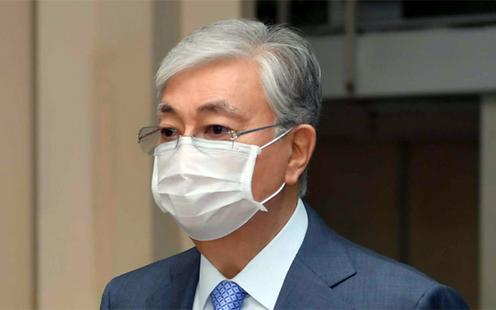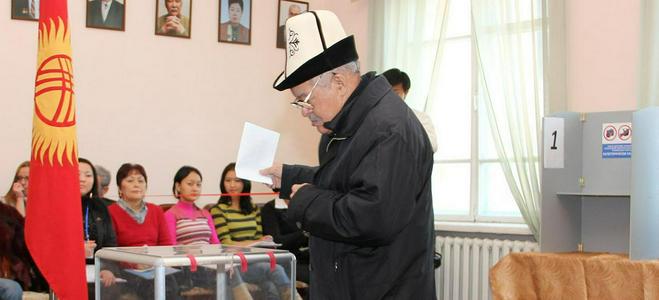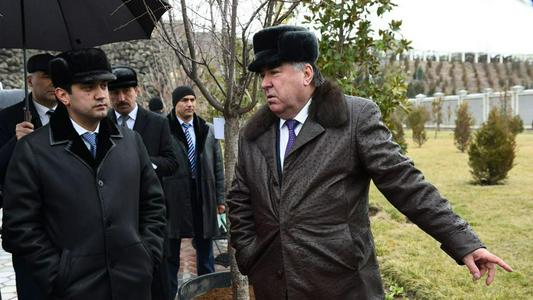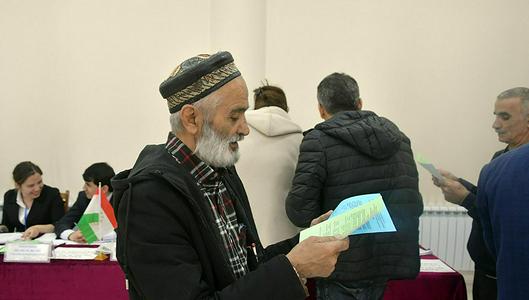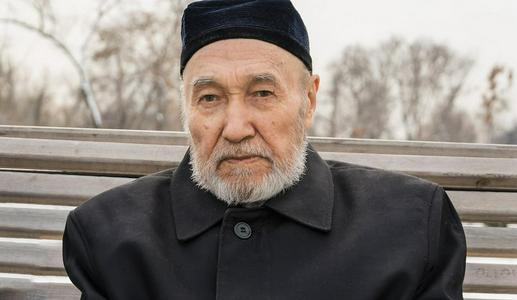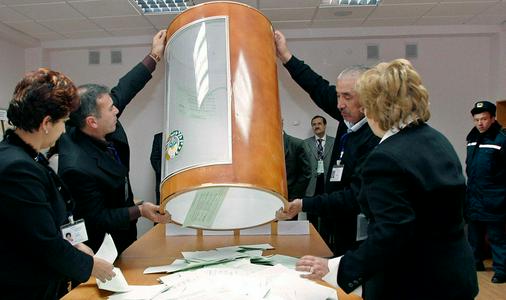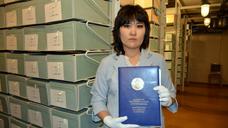Kazakh president Kassym-Zhomart Toqaev has proposed implementing a progressive scale for individual income tax, Tengrinews.kz reports.
According to the head of state, at this stage it remains a matter of simply tasking the government with “looking into the question”. “But in principle I feel that, sooner or later, we need to broach this issue from the point of view of justice. The idea of progressive income taxes is that people who do not earn a great amount, and even more so those who earn very little, should pay less tax. While people who earn a lot of money, and by our standards are considered rich, should pay more tax,” Toqaev said during the course of a visit to Almaty.
The president suggested that the system should work in the following way: if someone earns up to 250-300,000 tenge ($600-700, per month), they should pay around 7% tax. As for those in the middle tax class, they should continue to pay 10%. “Those earning, for instance, between 300,000 tenge and 1.5 or perhaps 2 million, will pay 10% as before. But people earning more than 25 million tenge per year, in my opinion, should pay more than 10%. Precisely how much they should pay will be decided by the commission. It will be 13 or 15%, but not more than 15%,” Toqaev stated.
He assured that the proposal would also be discussed with the public, as well as with parliamentary deputies, specialists and experts. “And then we will decide whether to introduce a progressive tax scale or not,” the president concluded.
Toqaev first suggested the introduction of a progressive income tax yesterday (11 May) at the final session of the government commission overseeing the state of emergency. At the time, he said that the aim of the initiative was to draw some of the country’s vast low-wage informal sector salaries “out of the shadows”. “If we lower the tax rate on these salaries, there will be less incentive for people to pay wages in an envelope,” he added.
